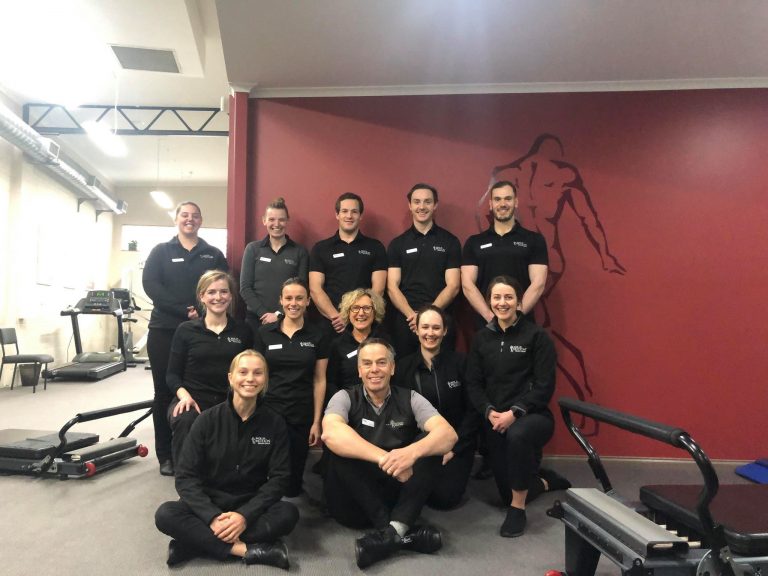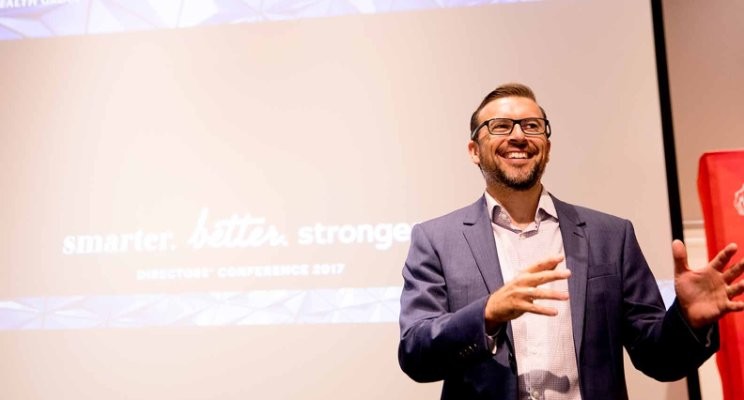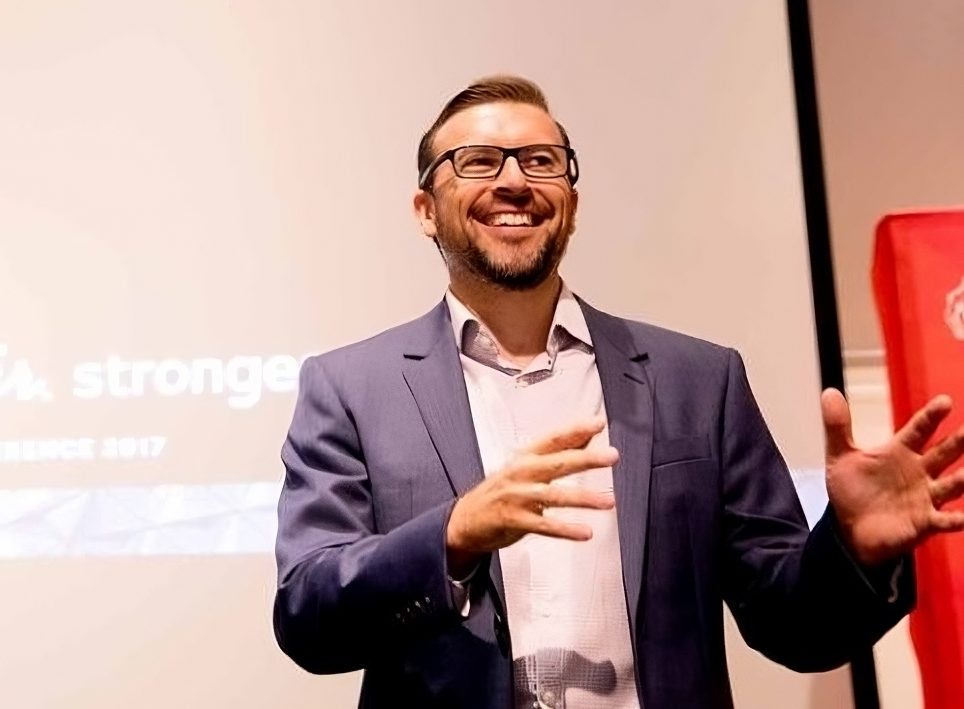Use words to your advantage to build strong and high-performing teams.
Words are powerful. What we say breathes life to our thoughts and through words, we express what we think, what we want, and how we feel. Words create impressions and images that reveal our hearts toward ourselves and others. Carrying more than just sound and meaning, our words also carry the power of life and death.
Words can educate, encourage, and motivate as much as they can hurt and bring people down. Like a double-edge sword, our words have the ability to create life and the strength to destroy relationships.
Hatred, sarcasm, insults, profanity and demeaning words will wound and push people away, often leading to lower self-esteem and failure. Or, words of love, encouragement and life will lift them up to stand tall and be noticed.
As it is said, “The tongue has no bone, but it is strong enough to break a heart”.
So, I ask myself, what kind of words do I speak every day? Are my words helping and inspiring people or do they hurt and make them feel discouraged?
We need to reflect on how our words impact those around us.
In the workplace, we call for meetings, sit on interviews, facilitate coaching sessions, and conduct performance reviews. We send emails and other communication in and outside our organization. Words are our vehicle of choice most times, either written or spoken. As such, they will have a huge influence over:

- Performance and outcomes
- Team culture and working environment
- Relationships and team dynamics
- People’s overall experience and satisfaction in the organisation
- Eventually, the growth of the organisation
As leaders, here are some 10 considerations on how to use your words for positive impact.
Let’s avoid using our words to dictate or control people, but rather to inspire, encourage, and support them. Our words of life and empowerment can move people to action. Expressing our appreciation of the team’s efforts and hard work, recognizing talents and achievements, and giving clear objectives will help us lead them in the right direction.
Use the power of your words to build strong and high-performing teams.
- Speak with mindfulness.
Not only do our words matter, but also our tone and body language has a huge impact to how we are perceived. Make clear and comprehendible statements. This is an effective way of delivering what you need and want to say and will also build your people’s trust and confidence in you as their leader.
- Communicate with respect
Treat your people fairly and with respect. Give each of them opportunities to reply. Using kind words will align them with the values we want our team to live out. Do not use words to insult or belittle anyone as this drives people away and under.
- Choose your words well.
Sometimes we speak boldly with the intention to exude confidence but be careful as this might rather sound manipulative and impose authority instead of fostering better team dynamics. Use words that inspire and convey support to your people. This requires a lot of humility and heart.
- Magnify your people’s talents and strengths.
Identifying and recognizing the potentials and strengths of your people, individually and as a team, will motivate them to strive even more and be the best version of themselves. The right words and tone can convey faith in our people’s ability to do well and will compel them to live up to our expectations of them.
- Recognize effort and hard work.
Acknowledgment of the job well done gives your people a strong affirmation they’re doing the right thing and helps to ensure continuous achievement.
- Do not compare your employees.
Do not use double standards nor compare them to each other as this might stir up unhealthy competition in your team instead of collaboration and teamwork. Other members would also feel their work is less commendable and might lose their individuality if they try to mirror the behavior and the outcomes that please their leader more.
- Take control of your emotions.
Collect yourself and allow your emotional reactions to pass before responding to an upsetting situation. Pause so you can process the statement or the facts. A thoughtful response is always much better than words said on impulse.

- Be objective in resolving conflicts.
Give chance for both sides to express their thoughts without putting down the other. Remind that both of them are supposedly working on the same goals and drive them toward healthy compromise.
- Know when to stop talking and listen attentively.
Your people have their own experiences and stories to tell. Open up the discussion and welcome their suggestions, ideas and thoughts on the topic. Ask and listen to them. When people feel they are a valued member of the team, they become more involved and driven.
- Say NO to negative humour.
Do not use sarcasm or insults to humour your people. Some may find this funny but it is never right to laugh at someone’s expense. The person to whom these unhelpful comments are directed will feel embarrassed and minimised even if they don’t show it.
Let’s avoid using our words to dictate or control people, but rather to inspire, encourage, and support them. Our words of life and empowerment can move people to action. Expressing our appreciation of the team’s efforts and hard work, recognizing talents and achievements, and giving clear objectives will help us lead them in the right direction.
Use the power of your words to build strong and high-performing teams.

















0 Comments